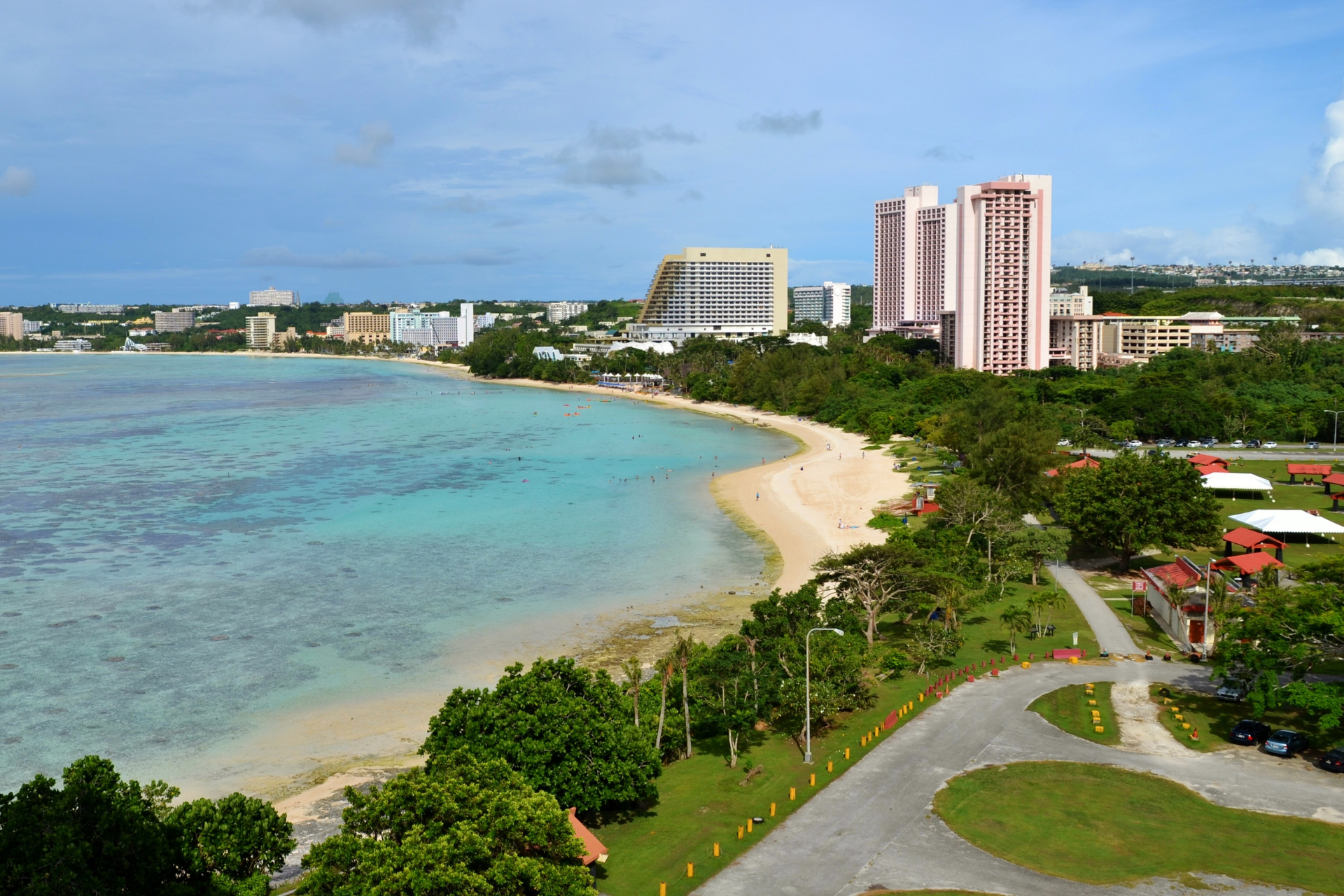Some observers responded with outrage to the Supreme Court’s decision that Congress is allowed to discriminate against Puerto Rico when it comes to federal benefits.
Rep. Nydia Velázquez (D-NY) tweeted, “I’m disappointed to see the Supreme Court once again treat Puerto Ricans as second class citizens. The people of Puerto Rico deserve better.”
Rep. Darren Soto (D-FL) tweeted, “The Supreme Court’s ruling is unfair to American citizens living in Puerto Rico. Federal benefits like SSI help seniors and people living with disabilities have a better quality of life. I will not stop fighting until our brothers and sisters on the island are granted equality.”
Rep. Jenniffer Gonzalez-Colon made a statement saying in part, “Following the precedent that allows discrimination against Americans living in Puerto Rico, the U.S. Supreme Court confirmed that the Territorial Clause allows Congress to exclude us from such an important social program to combat poverty as it is SSI.”
In these types of statements, observers focus on the needs of the people and the cruelty of denying Puerto Rico’s elderly and indigent the meager payments of SSI. But the court focused on something else: the Constitutionality of Congress’s decision to do so.
May, not must
“Congress may extend Supplemental Security Income benefits to residents of Puerto Rico,” Justice Kavanaugh’s decision said. “Indeed, the Solicitor General has informed the Court that the President supports such legislation as a matter of policy. But the limited question before this Court is whether, under the Constitution, Congress must extend Supplemental Security Income to residents of Puerto Rico to the same extent as to residents of the States. The answer is no.”
Since Puerto Rico residents don’t generally pay federal income tax, the court reasoned, and since Congress has been allowed to treat territories differently from States since the Insular Cases established that the U.S. Constitution doesn’t apply fully to unincorporated territories, Congress can do as it pleases.
Justice Sotomayor said that Congress should extend SSI to Puerto Rico, given that SSI eligibility to States and to other territories does not rest on the amount those regions pay into the treasury. Justice Gorsuch wrote in a concurring opinion that the Insular Cases should be overruled. Since that wasn’t an option in this case, he said that he would have to agree with the majority position.
Few observers have tweeted that Congress should not extend SSI to Puerto Rico, yet the Court’s focus was simply on the fact that the Constitution doesn’t require equality for Puerto Rico.
Equality is possible
This decision confirms that Puerto Rico – as a U.S. territory – cannot expect equal treatment as a matter of law. Congress is allowed to discriminate against Puerto Rico. With very limited representation in the federal government, Puerto Rico can expect to continue to receive unequal treatment.
Andres L. Cordova, in an essay at The Hill, remarks that Kavanaugh’s opinion makes it clear that Puerto Rico’s status “is a political question to be addressed by the political branches of government.”
Cordova may not approve of this. “Sadly,” he wrote, “the court fails to acknowledge its complicity in the creation and upholding of the constitutional scaffolding that allows for the exclusion of American citizens from the full protection of their constitutional rights.”
The Territorial Clause gives Congress the responsibility to “make all needful rules and regulations regarding the territory,” and it could be argued that the extension of SSI to Puerto Rico is a needful regulation.
However, full equality is possible only under statehood. Congress can extend SSI, only to remove it at some point in the future. And SSI is not the only example of discrimination against Puerto Rico. In fact, the Supreme Court decision pointed out that extending SSI could open the door to requirements that Congress treat Puerto Rico fairly in other federal programs as well.
Statehood is the solution
Rep. Ritchie Torres (D-NY) made this point in a tweet, saying, “#SCOTUS once again confirms Puerto Rico’s colonial & 2nd-class status. Only Congressional action & statehood will bring full legal equality to the people of #PuertoRico. Congress must act.”
Rep. Bill Pascrell (D-NJ) also made the connection, tweeting, “The Supreme Court blocking Puerto Ricans from getting benefits is cruel. Puerto Ricans are Americans. So let me say it out loud: I support Puerto Rico Statehood.”
As a State, Puerto Rico would be on an equal footing with the 50 current States, and residents will be fully protected by the U.S. Constitution. Under the Constitution, Congress can make this happen with a simple majority vote.


